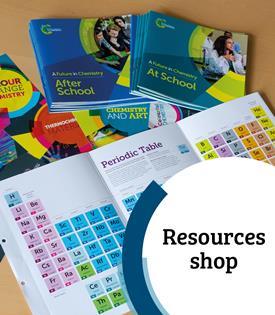Context-based learning teaches chemical concepts in a real world context
This context and problem-based learning resource is one of six problem solving case studies that have been designed in order to teach analytical and applied chemistry within a ‘real’ life context by developing problem solving and professional skills.
This 5 credit module is based on the following scenario:
A fire in a warehouse has resulted in diquat dibromide and p-octylphenol entering the River Dribble. As part of this resource students determine the cause of the incident and review the probable environmental impact of the chemicals released. They then consider possible methods of analysis and, finally, commission a monitoring programme for diquat dibromide andp-octylphenol in the river by selecting a contract analysis company from the information supplied.
- Target year group: second and third year undergraduate students
- Formal contact hours: 4–5
- Independent study hours: 10
Tutor support
A tutor guide, including further information and answers is available on request from education@rsc.org
Downloads
Student handouts - A dip in the dribble: river pollution
PDF, Size 1.03 mb
Additional information
Devised in 2010 by:
- Simon Belt, School of Environmental Sciences, University of Plymouth
- Tina Overton, Department of Chemistry, University of Hull
- Stephen Summerfield, Department of Chemistry, University of Hull


















No comments yet